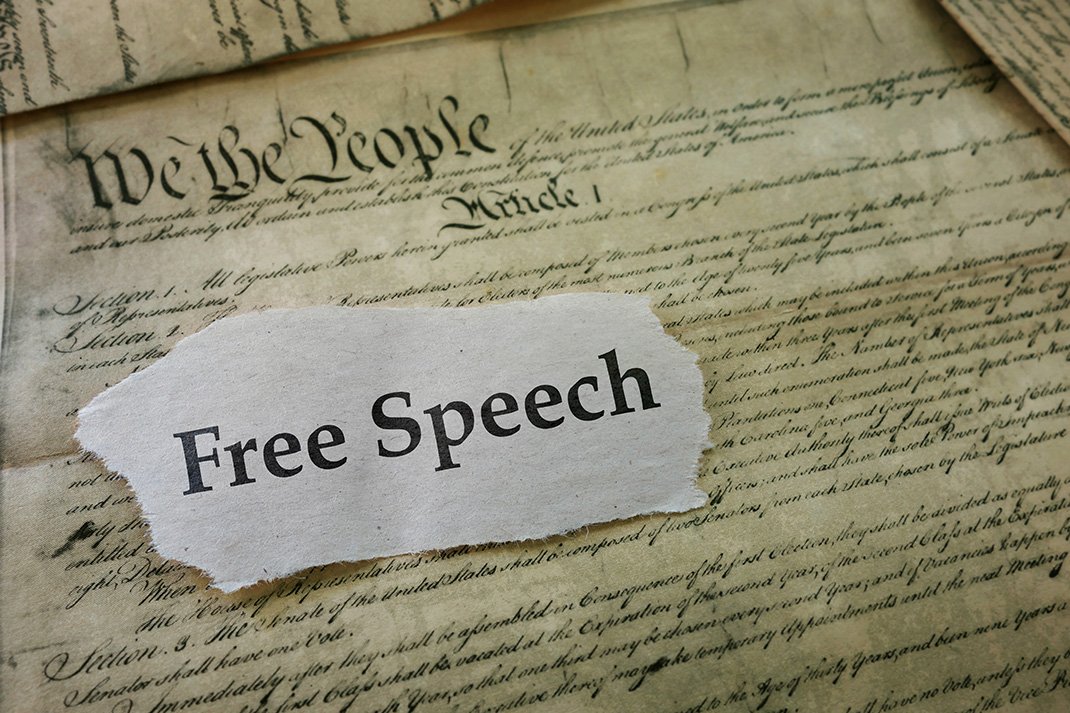How can businesses ensure employees won’t disparage them online?
By Deborah Jeanne Sergeant
Before social media, disgruntled employees’ reach was fairly limited and mostly word-of-mouth.
Those days are long gone.
Anyone with a beef with your company can air it online and that includes your employees.
“The workplace is a delicate place when it comes to free speech rights,” said Roy Gutterman, professor in Syracuse University’s Newhouse School and director of the Tully Center for Free Speech. Before becoming a professor, he practiced law including employment law.
“In the strictest interpretation, employees have limited First Amendment rights in the private workplace. That means that employers can set guidelines or standards within the workplace. Employers need to balance the company’s image and reputation, which could include impinging on the free speech rights of their employees. If you have a company, you certainly would not want employees speaking out publicly to disparage the company.”
Part of the solution is to reduce their need for feeling such rancor that they would speak out negatively.
For example, inept or aggressive management, poor working conditions and low renumeration are a few reasons people post negatively about their jobs online. Develop an atmosphere in which employees feel comfortable in sharing their complaints without fear of retaliation. Listen and try to make changes to improve the workplace.
Sometimes, a big change needs to take place such as closing a department. It can feel unfair and hurtful to those affected. However, handled with grace and compassion, management can ease the transition with less reputation fallout online.
Drafting a sound human resources policy about social media use can help, but keep in mind that policies about nondisclosure of proprietary information is different from negative comments about the company.
“Now that everyone has a megaphone through social media, regular people can draw a lot of attention to themselves, and by extension, their employers,” Gutterman said. “I do not envy HR managers these days.”
Social media use policies should follow the protocol of other means of communication. If they’re posting during working hours (not during a break or off-duty time), you would have more leeway to use employee discipline.
As for the content of what’s said consider if you could you discipline an employee for saying the same thing in a newspaper ad or from atop a soap box in the town square. Although social media’s reach is much further, the legal question goes back to the content of what’s said and its intention. Spreading falsehood or misrepresentation can certainly spur disciplinary action. Comments that significantly harm employee morale and promote negativity may also come into question as these can also harm the business.
Attacks against a single person may cause disciplinary action as it they target that individual and also damage the company reputation.
Truthful statements about something that happened and their own feelings about it will likely fall under freedom of speech.
“I’m saddened about the 100 people let go at my company today.”
“I’ll be home for the next six to 10 weeks as a scaffold at work collapsed.”
“I’ve been working 14-hour days for the past month. Time to get a new job.”
It’s better to try to prevent statements like these than to react to them. In addition, employers should always enforce any social media use policies consistently to reduce the risk of lawsuits.




